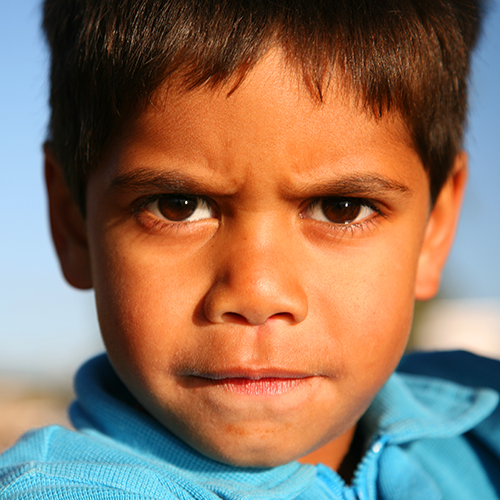10 June 2025
 Children in rural Australia are missing out on critical early health supports, with limited access to allied health services putting them at greater risk of lifelong developmental challenges.
Children in rural Australia are missing out on critical early health supports, with limited access to allied health services putting them at greater risk of lifelong developmental challenges.
Now, new research from the University of South Australia shows that local communities hold the key to improving health outcomes for Aussie bush kids.
In the first study to bring together global literature, researchers assessed what helps or hinders health care in rural areas, finding that place-based strategies – those designed around the unique needs and strengths of each community – are better positioned to support rural children and their families.
Place-based health strategies are developed in partnership with community stakeholders and delivered outside traditional clinical settings – often in schools or homes – with teachers and parents playing an active role.
In Australia, about 7 million people – or 28% of the Australian population – live in rural and remote areas.
UniSA researcher and PhD candidate, Georgia Gosse, says governments must work with rural communities, including children, to ensure that country kids get the heath care they need.
“All children have the right to quality healthcare. But those who live outside of metropolitan centres are distinctly and unfairly disadvantaged,” Gosse says.
“Children in rural or remote areas are four times more likely to be developmentally vulnerable than metropolitan children and less likely to access the health services they need.
“Without access to timely and appropriate allied health services – like physio, occupational therapy or speech therapy – children with developmental delays can struggle to meet full potential.
“Allied health services are vital to putting children on the road to healthy development; but accessing one of these professionals in the bush is like herding cats. Our research is trying to change this.”
Gosse says that new rural health services are often driven by a lack of access to existing services – whether due to long waiting lists, geographical isolation, or a shortage of allied health professionals in rural areas.
“Our study found that strategies co-designed and delivered with local communities are especially effective for rural families. They take place in familiar settings – such as homes or schools – and work closely with communities to respect local needs and cultural sensitivities,” Gosse says.
“But these strategies also face challenges: parents or carers may not have the time or knowledge to support therapy at home, and teachers are often stretched with limited resources at school.
“It’s a complex issue, and while there’s no quick fix, the evidence strongly supports working alongside local communities – including children as the end users – to shape and deliver effective solutions.”
Amid renewed calls for a National Rural Health Strategy, the findings provide valuable insights to guide much needed dollars into community-led, rural health initiatives.
Senior researcher, UniSA’s Professor Saravana Kumar says, children’s needs must be at the heart of any new initiatives.
“To improve health outcomes for rural communities, we must deliver child-centred, place-based care that’s co-designed with local communities,” Prof Kumar says.
“We need to leverage the strengths of the local community, respect lived realities, and ensure that health services are built for the people who use them.
“Importantly, children’s voices must underpin the design and implementation of any models of care.
“This is about designing care that works with communities, not just for them. Because when we get it right for our bush kids, we’re getting it right for the future.”
The research has also been synthesised into an interactive evidence-informed decision-making tool to help clinicians quickly identify and understand the key drivers, enablers, and barriers to different models of care in rural areas.
To access this free tool, click here: https://unplex.com.au/evidence-informed-decision-making-tool/
…………………………………………………………………………………………………………………………
Contact for interview: George Gosse E: Georgia.Gosse@unisa.edu.au
Media contact: Annabel Mansfield M: +61 479 182 489 E: Annabel.Mansfield@unisa.edu.au




